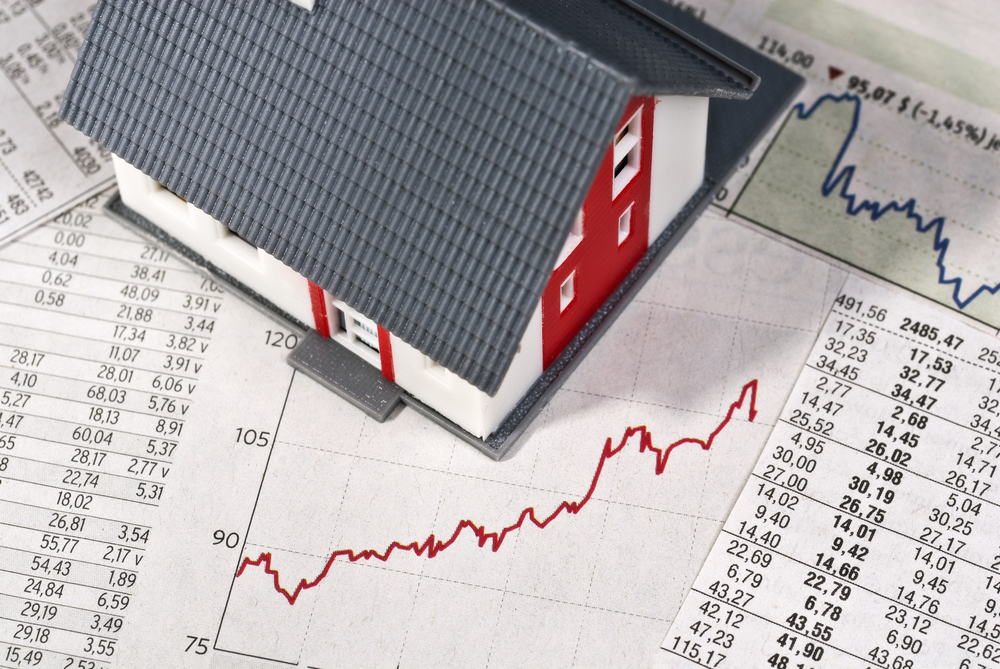How to value a property (and 4 mistakes to avoid)

It’s important to obtain an accurate property valuation when you’re buying or selling a home. If your valuation is off the mark, you may end up paying too much for a property, or selling your property for less than its fair value.
There are different ways to estimate the value of your home. Some are more accurate than others, so you need to know when to use each method and how much they’re going to set you back in terms of cost.
Below, we look at the importance of accurately valuing a property, three methods you can use to work out what a home is worth, and four common mistakes to avoid when obtaining a property valuation.
What is a property valuation?
A property valuation is an independent assessment of how much a property is worth on the market. These can only be conducted by a certified property valuer.
When calculating the value of a property, a valuer will consider a number of factors, including:
- recent comparable sales in the area
- the size of the property and the land
- the structure and condition of the property
- ease of access and proximity to local amenities
- council information, such as planning restrictions or zoning
- fixtures, fittings and fit-out
- the architectural style of the building
- the aspect and the layout of the property block
- and more.
The valuer will also visit the property to assess the condition of the building in person and check for any structural faults or other details that may affect the home’s market value. At the end of the process, the valuer will provide a report detailing the valuation and the factors they took into account when coming to the final value.
Why do you need a property valuation?

A property valuation is an essential step in buying or selling a property. As a buyer, it helps to reduce the risk of overpaying for a home. More importantly, most lenders will also require you to have an official valuation report done as part of the mortgage application process. This is so they can ensure the value of the property covers the loan in the event that a buyer defaults on the mortgage.
For sellers, an accurate valuation allows you to ensure that you are getting a fair price for their property. Valuations also detail a property’s weaknesses, which are helpful if you are trying to make improvements to increase a property’s value before putting it on the market.
What’s the difference between an appraisal and a valuation?
When you start looking into buying or selling a property, you may see the words “appraisal” and “valuation” being used by real estate agents, lenders and brokers. Although they may seem interchangeable at first glance, appraisals and valuations are vastly different.
Appraisals are a (usually free) service provided by real estate agents to entice sellers to list a property through their agency. These informal valuations are often based on recent sales in the area as well as the agent’s prior experience. While this might be a good guideline to the value of a property, these appraisals have no legal standing and cannot be used for any official purposes.
A valuation is conducted by a licensed valuer. These valuers are legally responsible for the valuations they provide, and base the worth of a property solely on facts. Due to the level of depth and work that they go into with their valuations, this service comes with a fee.
The bottom line is: an appraisal is a good way to get a ballpark figure on the value of a home, however, you’ll need a valuation for any kind of formal application.
What about online estimators?

Another tool that buyers and sellers commonly use is an automated online estimator, such as the ones on real estate listing websites like Domain and realestate.com.au. These estimators take into account the recent sales in the area, as well as the size, features and location of a property, to estimate the property’s worth. Most estimates won’t be a round figure — rather, you’ll get a price range or bracket (for example, $500,000 – $550,000).
Like appraisals, online estimators should be used as a guideline only. However, they can be handy at the beginning of your journey when you’re browsing available properties online or considering selling your home.
4 mistakes people make when valuing their property
- Comparing a property to properties that are currently on sale on the market. These properties haven’t been sold yet, so there’s no evidence that the price they’re listed for is the price that they’ll actually sell for. Many sellers may have unrealistic expectations and list their property as higher than its valuation or, conversely, they may list their property for less in the hopes to start a bidding war amongst prospective buyers.
- Not using truly comparable sales. A house with 4 bedrooms and a swimming pool is likely going to sell for more than a house with 2 bedrooms and no backyard — even if they’re in the same suburb or down the road from one another. Be sure to compare like for like; otherwise you’ll end up either overvaluing or undervaluing your property’s worth.
- Comparing an older home to a new property. Homes that are purchased brand new or off-the-plan are typically more expensive than homes that have been around for a while.
- Not getting to know the market. Even if you’ve lived in a suburb all your life, you might not really know it from a real estate perspective unless you’ve attended local open homes and auctions. For example, buyers may be willing to pay more for a home on one road versus another, or may consider one location as being superior due to factors you hadn’t considered before.
Buying a home?
Seek the sharpest home loan rates on the market with Rateseeker. We’ll guide you through every step of the mortgage application process and help you lock in the best deal for your home loan. Get started with our free home loan comparison tool or contact us to claim your free consultation.
** General Advice Warning
The information provided on this website is general in nature only and it does not take into account your personal needs or circumstances into consideration. Before acting on any advice, you should consider whether the information is appropriate to your needs and where appropriate, seek professional advice in relation to legal, financial, taxation, mortgage or other advice.




